Are You Making These Healthy Food Mistakes?
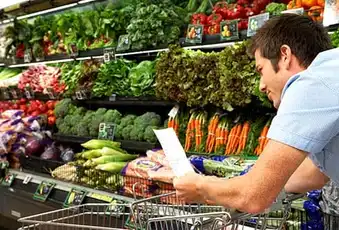
Food Fads
Kale! Seaweed! Goji berries! When you hear aboout a food that curbs this disease or that condition, you might want to dive right in. If some is good, more must be better, right? Not so fast. The right amount of the right types of foods is great for you. But if you overdo it or choose the wrong kinds, it can backfire. Since every good-for-you-food has its limits, focus on the big picture.
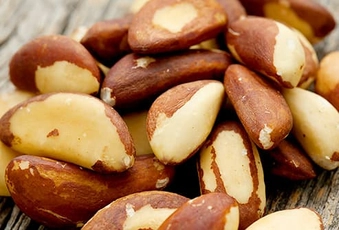
Too Many Brazil Nuts
Selenium is a nutrient that you need -- but only about 55 micrograms (mcg) of selenium a day. Just one Brazil nut kernel has 95.8 mcg. That's more than a day’s worth!
Too much selenium can cause problems including diarrhea, nausea, skin rashes, hair loss, and even serious effects like trouble breathing, heart and kidney failure, and heart attacks. Adults shouldn’t get more than 400 mcg per day. That’s no more than four or five Brazil nuts, if you don't get selenium from anything else.
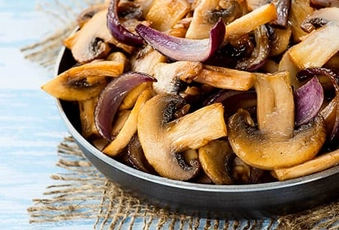
Picking Your Own Mushrooms
These wild and wooly fungi are tasty, loaded with nutrients, low in calories, and may even lower your risk of cancer. But before you forage in your local forest, keep in mind that eating the wrong kind of mushroom can lead to anything from an upset stomach to death. So only hunt for them if you’re an expert or are with one. Otherwise, get them from your grocery store to be safe.
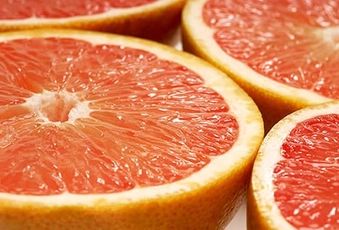
Grapefruit Plus Certain Meds
This splashy citrus could cause problems if you have some prescriptions, like statins for your cholesterol. Grapefruit can make your body absorb more of the medicine than normal, which could lead to side effects. It may be more likely with some statins than others. And the same thing could happen with some drugs that treat other conditions. So if you’re gaga for grapefruit, ask your doctor if it will affect your prescriptions.
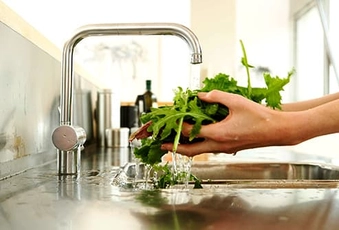
Greens and Kidney Stones?
Just about everyone needs to eat more veggies. Dark, leafy greens like spinach are some of the best. But if you tend to get kidney stones, you’ll want to watch how much you eat.
These greens have a lot of oxalate, which can cause kidney stones. If you’re at risk, your doctor may recommend no more than 40-50 milligrams (mg) of oxalate a day. And half a cup of greens can have close to 10 mg of it. So you can have a couple of servings, but don’t pack huge amounts into your green smoothies. One cup of raw spinach leaves has about 656 mg of oxalate.
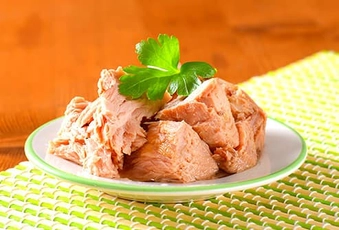
Too Much of the Wrong Fish
Fish are rich in protein, low in saturated fats, and high in good fats your body needs. The catch? They absorb mercury. That’s a problem for anyone, but especially pregnant women because it can harm the baby’s nervous system.
Each week, you can eat 8 to 12 ounces -- about two meals -- of low-mercury fish like shrimp, canned light tuna, or salmon. Avoid high-mercury fish like:
- King mackerel
- Orange roughy
- Shark
- Swordfish
- Tilefish

Can You Get Too Much Water?
Most days, you likely don’t drink enough of it. It's not easy to get too much. There are two main exceptions. One is a mental health condition where you compulsively drink water. The other is when you do a lot of hard exercise, like marathons, and you down too much water instead of a sports drink.
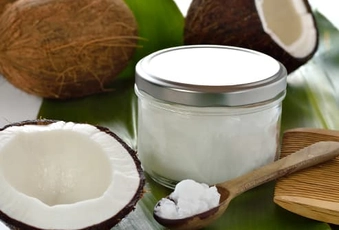
Coconut Oil Overload
More and more people have started to cook with coconut oil. But many nutritionists are still skeptical. Why? While coconut oil does have fats that boost your good cholesterol, it’s also bursting with saturated fat. Your best bet? Limit yourself. The American Heart Association recommends no more than 13 grams of saturated fat a day. Just 1 tablespoon of coconut oil gives you 11.2 of those.
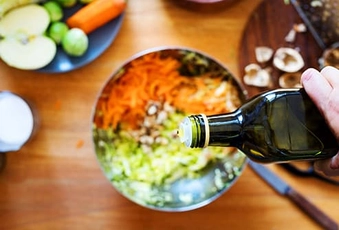
Olive Oil: Drip, Don’t Drown
Olive oil may actually be good for your heart. But even the best fats are loaded with calories. So limit yourself to 2 tablespoons a day or less, including what's in your food. If you overdo it, you could gain weight, and that could offset the good you thought you were doing.
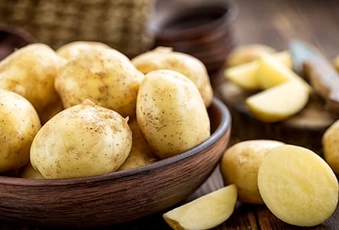
Potatoes: Don’t Go Green
Potatoes naturally have solanine, a substance that can make you sick if you eat too much. It’s highest in the eyes, sprouts, skin, and any green parts of the potato. Still, you’d have to eat a lot of potatoes before you had a problem. A person who weighs 100 pounds would need to eat 1 pound of completely green potatoes before getting sick. But don’t forget to remove the eyes, sprouts, and green parts, just to be on the safe side.
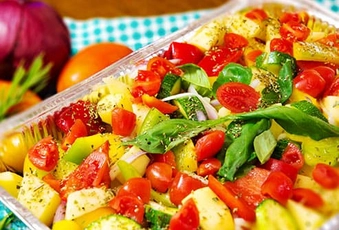
Nightshades and Joint Pain
Potatoes, tomatoes, eggplants, and peppers are all nightshades. They’ve gotten a bad rap because of solanine. Some say it causes joint pain, but there’s no research to back that up. In fact, yellow and purple potatoes may help with swelling, which could ease pain. Still, you know your body best. You may be sensitive to some vegetables, so if they bother you, avoid them.
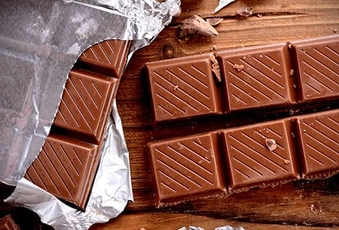
Maxed Out on Chocolate
It tastes great and has antioxidants and flavonoids, which can help lower your blood pressure and protect your arteries. But there are limits:
- Go gourmet. Lower-quality chocolate usually won’t have the flavonoids.
- Limit yourself to 1 ounce each day. Check the label of your bar to see how big it is.
- Stick to dark chocolate that’s at least 70% cacao to avoid too much sugar. But be careful, because the higher levels of cacao (70% to 85 %) also have more fat.
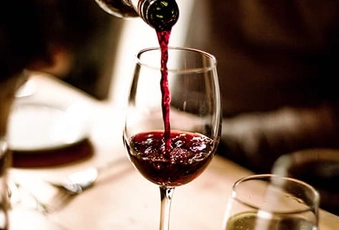
Overdoing the Red Wine
It may be good for your heart in small amounts. There are still questions, though, and health risks. It may be that eating grapes is just as good for you, with none of alcohol's side effects. So if you don’t drink, experts don't recommend that you start. If you do, women and men over 65 can have one small glass -- that’s 5 ounces a day -- and no other alcohol. Men under 65 can have two glasses.
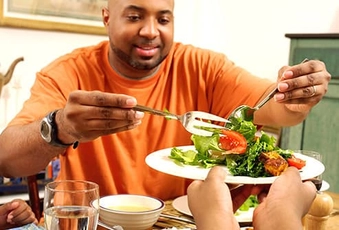
A Better Way
Make it simple. Instead of obsessing over a single food:
- Fill half your plate with fruits and veggies. Split the other half between proteins and whole grains.
- Limit how much sugar, salt, and saturated fat you eat.
- Mix it up. When you eat a variety of good-for-you foods, you meet your needs and avoid overdoing it on any one thing.
Show Sources
IMAGES PROVIDED BY:
Thinkstock Photos
SOURCES:
National Institutes of Health: “Selenium.”
U.S. National Library of Medicine: “Edible Mushrooms: Improving Human Health and Promoting Quality Life,” “Mushroom and Health Summit Proceedings,” “Fatal Water Intoxication,” “Complementary and alternative medicine approaches to blood pressure reduction.”
University of Kentucky College of Agriculture, Food, and Environment: “Don’t Eat Those Wild Mushrooms…Unless You Know What You’re Doing!”
Cleveland Clinic: “Do Your Statins and Grapefruit Safely Mix?” “How You Can Avoid Low-Level Arsenic in Rice and Chicken.”
Harvard Health Publications: “Grapefruit Juice and Statins,” “Ask the Doctor: Coconut Oil,” “Is Chocolate Good For You?”
Brigham and Women’s Hospital: “Stonewall Kidney Stone Formation.”
Environmental Protection Agency: “What You Need to Know about Mercury in Fish and Shellfish.”
Victoria State Government, Better Health Channel: “Mercury in Fish.”
University of Utah: “Dehydration: When Should I Really Worry?”
Aurora Health Care: “Hyponatremia in distance athletes: How to avoid water intoxication.”
Mayo Clinic: “Water: How much should you drink every day?” “Resveratrol in grapes, supplements and other foods.”
American Heart Association: “Saturated fats: Why all the hubbub over coconuts?” “The American Heart Association's Diet and Lifestyle Recommendations.”
FDA: “Summary of Qualified Health Claims Subject to Enforcement Discretion," “Total Fat.”
The Government of the Hong Kong Special Administrative Region, Centre for Food Safety: “Toxic Glycoalkaloids in Potatoes.”
University of Nebraska: “G1437 Green Potatoes: The Problems And The Solution.”
Arthritis Foundation: “Arthritis Food Myths.”
USDA: “10 Tips: Choose MyPlate.”